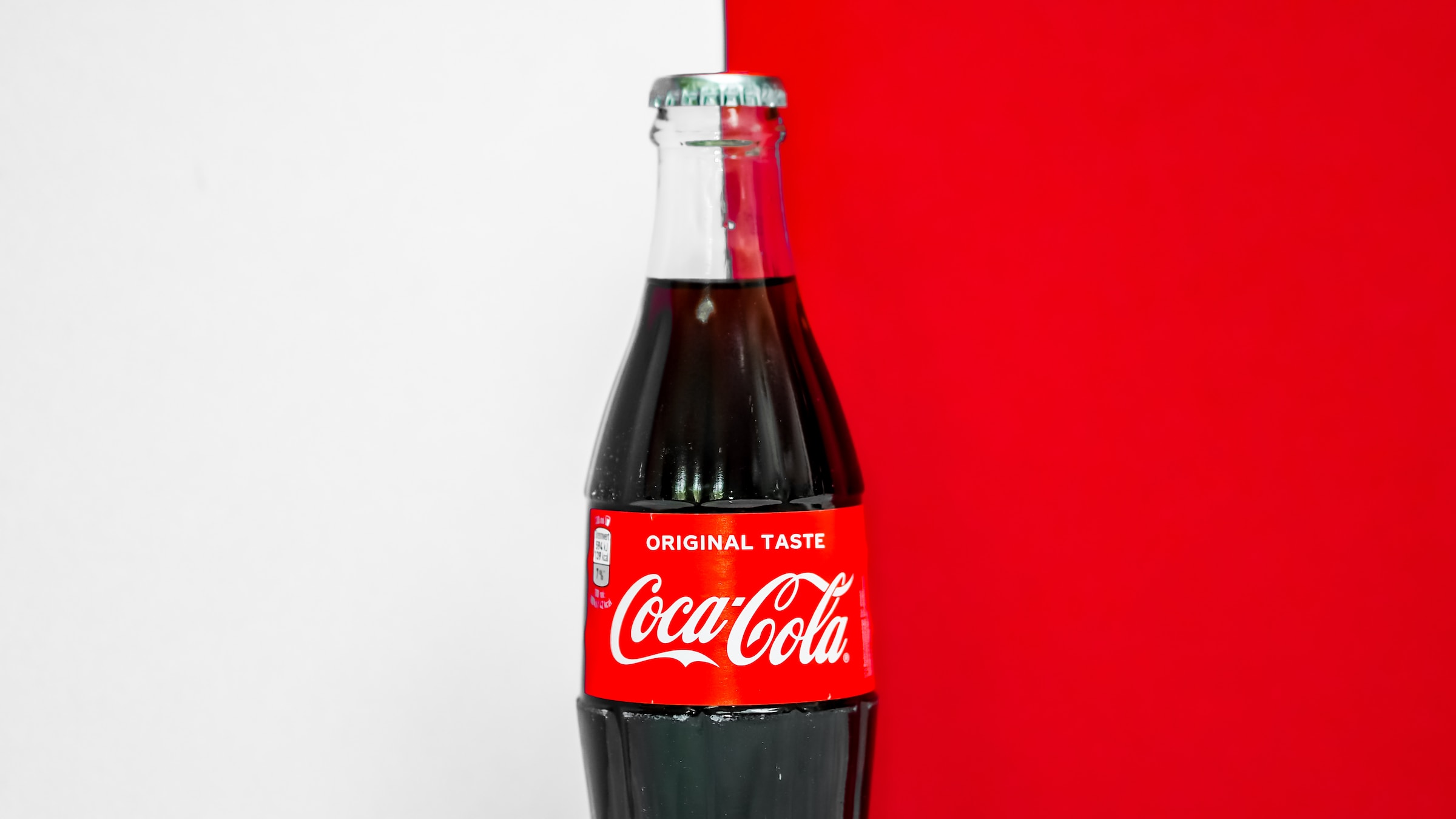Turkish politicians have decided to exclude Western brands from the parliament buildings. This means that Coca-Cola will no longer quench the thirst of Turkish politicians, and Swiss-made Nestlé snacks will no longer find their way into their chambers.
According to a statement from Turkey's Grand National Assembly, the products of companies supporting Israel will no longer be sold in restaurants, cafeterias, and tea houses throughout the parliament campus, reports Telegraph.
Residents of Istanbul, known for their pro-Palestinian stance, have taken to the streets with stickers adorning lamp posts and bus stops. These stickers boldly allege that "Starbucks stands with Israel."
This action is believed to have been sparked by legal proceedings initiated by Starbucks against its workers' union for sharing a pro-Palestinian statement on social media.
Brands such as Coca-Cola, McDonald's, Starbucks, Puma, Carrefour. and Domino's Pizza are facing boycotts across the Middle East as consumers protest against Western governments' support for Israel in the ongoing conflict in Gaza. Joining the list are Germany's.
Amidst this enthusiasm, local alternatives are gaining popularity among the masses, pushing well-known brands to the forefront of these boycott campaigns. Last month, McDonald's faced backlash when its Israeli franchise operator disclosed that it had donated thousands of free meals to Israeli soldiers, as per Al-Jazeera.
Boost for Regional Brands
Certain regional brands have emerged as clear winners amid the movement to boycott US brands. One such success story is Egyptian soda maker Spiro Spathis, established in 1920. Although its popularity had waned over the years, struggling to compete with foreign counterparts, the boycotts have given its sales a remarkable boost of 300%, as reported by Egyptian media.
These boycotts have shed light on the changing preferences of Middle Eastern consumers, who are now seeking to align themselves with brands that demonstrate solidarity with Palestine. With a shift away from US and European brands, there is a notable surge in support for local and regional alternatives, marking a significant shift in the market dynamics.
Photo: Laura Chouette/Unsplash



 Hims & Hers Halts Compounded Semaglutide Pill After FDA Warning
Hims & Hers Halts Compounded Semaglutide Pill After FDA Warning  TrumpRx Website Launches to Offer Discounted Prescription Drugs for Cash-Paying Americans
TrumpRx Website Launches to Offer Discounted Prescription Drugs for Cash-Paying Americans  Once Upon a Farm Raises Nearly $198 Million in IPO, Valued at Over $724 Million
Once Upon a Farm Raises Nearly $198 Million in IPO, Valued at Over $724 Million  Weight-Loss Drug Ads Take Over the Super Bowl as Pharma Embraces Direct-to-Consumer Marketing
Weight-Loss Drug Ads Take Over the Super Bowl as Pharma Embraces Direct-to-Consumer Marketing  Nvidia, ByteDance, and the U.S.-China AI Chip Standoff Over H200 Exports
Nvidia, ByteDance, and the U.S.-China AI Chip Standoff Over H200 Exports  Alphabet’s Massive AI Spending Surge Signals Confidence in Google’s Growth Engine
Alphabet’s Massive AI Spending Surge Signals Confidence in Google’s Growth Engine  Toyota’s Surprise CEO Change Signals Strategic Shift Amid Global Auto Turmoil
Toyota’s Surprise CEO Change Signals Strategic Shift Amid Global Auto Turmoil  Nasdaq Proposes Fast-Track Rule to Accelerate Index Inclusion for Major New Listings
Nasdaq Proposes Fast-Track Rule to Accelerate Index Inclusion for Major New Listings  Baidu Approves $5 Billion Share Buyback and Plans First-Ever Dividend in 2026
Baidu Approves $5 Billion Share Buyback and Plans First-Ever Dividend in 2026  Global PC Makers Eye Chinese Memory Chip Suppliers Amid Ongoing Supply Crunch
Global PC Makers Eye Chinese Memory Chip Suppliers Amid Ongoing Supply Crunch  Instagram Outage Disrupts Thousands of U.S. Users
Instagram Outage Disrupts Thousands of U.S. Users  Sony Q3 Profit Jumps on Gaming and Image Sensors, Full-Year Outlook Raised
Sony Q3 Profit Jumps on Gaming and Image Sensors, Full-Year Outlook Raised  SoftBank Shares Slide After Arm Earnings Miss Fuels Tech Stock Sell-Off
SoftBank Shares Slide After Arm Earnings Miss Fuels Tech Stock Sell-Off  SpaceX Prioritizes Moon Mission Before Mars as Starship Development Accelerates
SpaceX Prioritizes Moon Mission Before Mars as Starship Development Accelerates  Amazon Stock Rebounds After Earnings as $200B Capex Plan Sparks AI Spending Debate
Amazon Stock Rebounds After Earnings as $200B Capex Plan Sparks AI Spending Debate  Tencent Shares Slide After WeChat Restricts YuanBao AI Promotional Links
Tencent Shares Slide After WeChat Restricts YuanBao AI Promotional Links 































